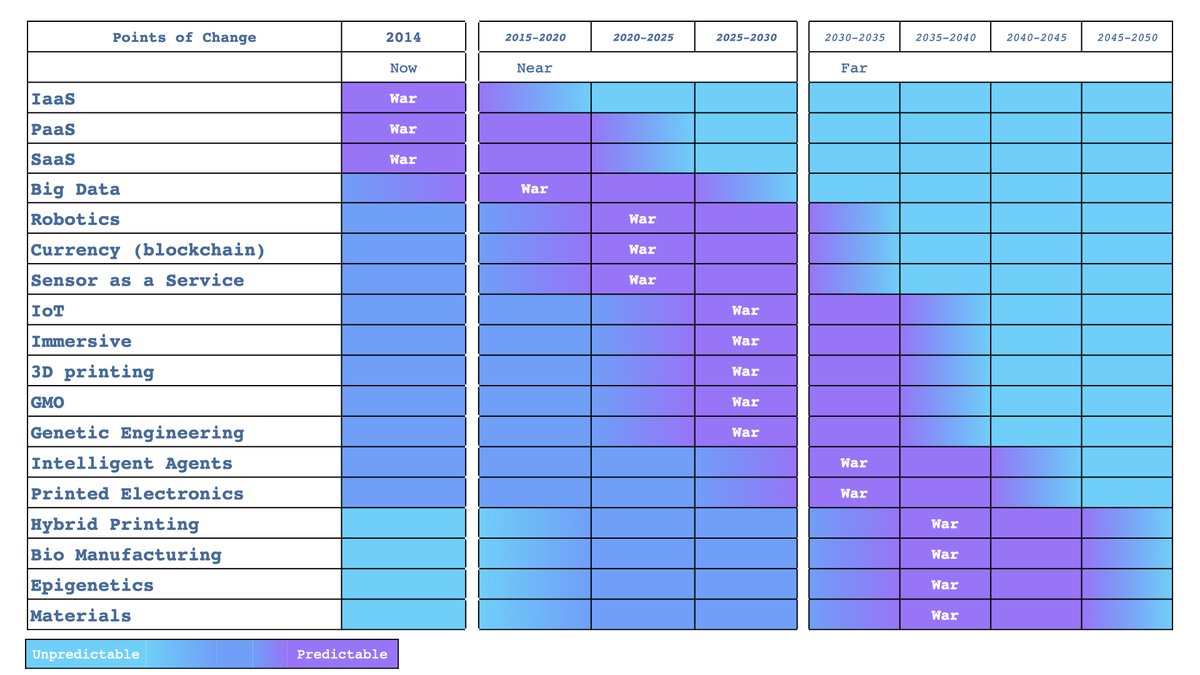
X : How do you value people?
Me : That's an odd question. People aren't resources.
X : But we talk about them as assets.
Me : Them? Gosh, this all feels uncomfortable.
X : But how would you value?
Me : hmmm ...
Me : That's an odd question. People aren't resources.
X : But we talk about them as assets.
Me : Them? Gosh, this all feels uncomfortable.
X : But how would you value?
Me : hmmm ...
... it depends upon what your society values, more "Me" or "We" or a bit of both.
X : Explain.
Me : You have "Me" values such as salary, possessions, knowledge, expertise etc. Then you have"We" values such as giving back to society, enabling others.
X : How can you value then?
X : Explain.
Me : You have "Me" values such as salary, possessions, knowledge, expertise etc. Then you have"We" values such as giving back to society, enabling others.
X : How can you value then?
Me : If you're thinking assets then people die. So, the "Me" always reduces to zero. However the "We" value can continue for much longer, they can become embedded in the memory of the collective itself through symbols (like statues) or heroes of some story. 
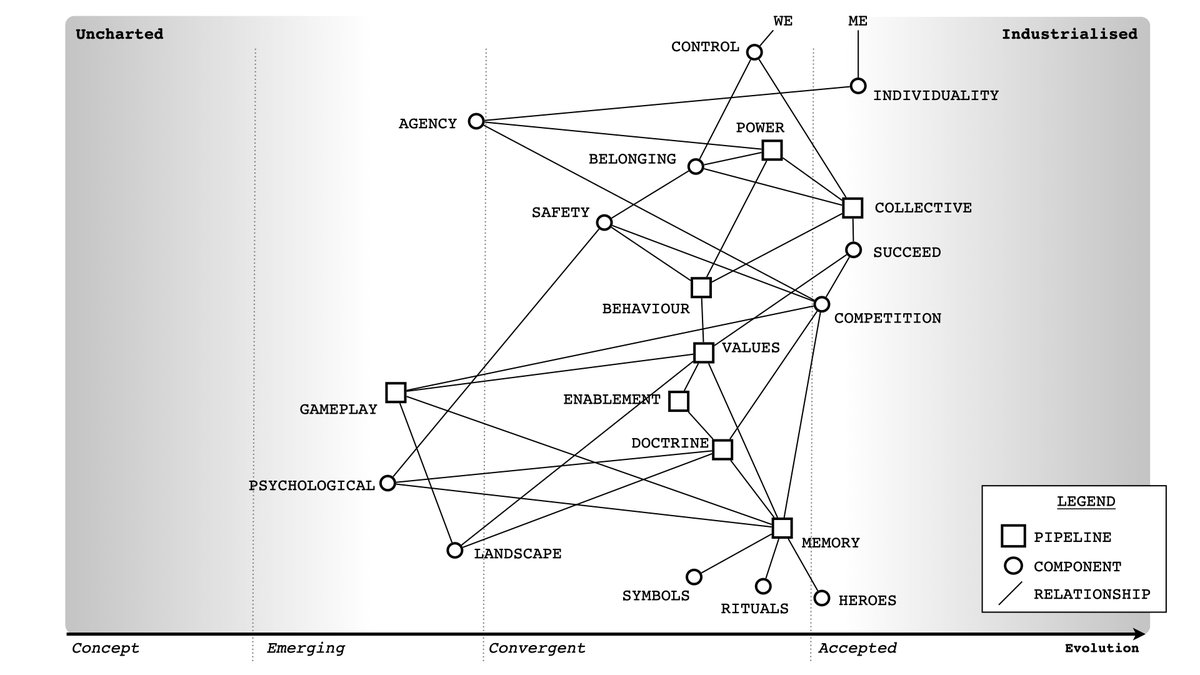
X : Measuring by impact on others? Does anyone do this.
Me : In the West, not really. China is slowly making first steps in that direction with its social credit scoring.
X : Isn't that a control mechanism?
Me : ...
Me : In the West, not really. China is slowly making first steps in that direction with its social credit scoring.
X : Isn't that a control mechanism?
Me : ...
Me : ... Yes it is. However, nudging behaviour induces certain values and principles within the collective. You can influence values in a collective by
* nudging behaviour
* changing memories (stories) that they are built upon (symbols, rituals, heroes)
...
* nudging behaviour
* changing memories (stories) that they are built upon (symbols, rituals, heroes)
...
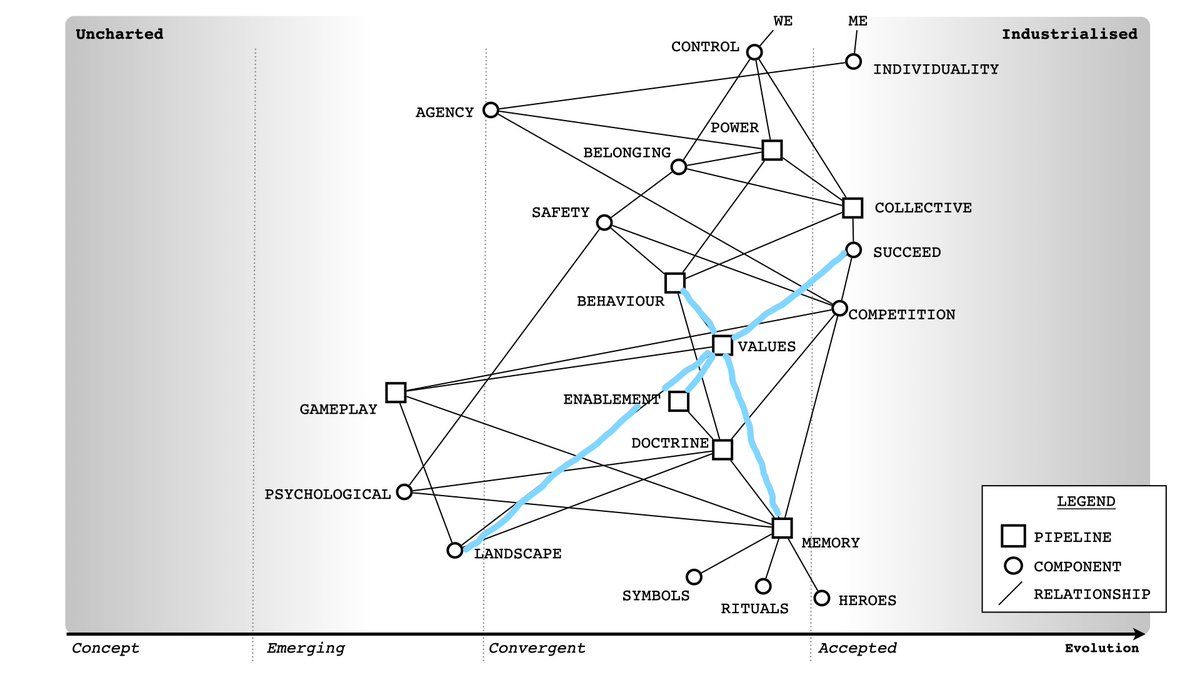
* changing the competitive landscape we operate in
* using enablement systems (i.e. media, propaganda etc)
X: So, how does this influence how we value people?
Me : Well, values are a belief i.e. we believe this or that to be important ...
* using enablement systems (i.e. media, propaganda etc)
X: So, how does this influence how we value people?
Me : Well, values are a belief i.e. we believe this or that to be important ...
... A society might value the "Me" aspects of people - how much you earn, your status, your possessions - or the "We" aspects. i.e. how you enable others. What a society values will also change. So, the answer is ... It all depends upon what we believe to be important.
X : That's not very helpful.
Me : Well, people aren't really assets / resources in that sense. The statement that they are tells you more about what the society values than any notion of actually being able to measure a value for people.
Me : Well, people aren't really assets / resources in that sense. The statement that they are tells you more about what the society values than any notion of actually being able to measure a value for people.
X : How do you value people?
Me : How they enable and encourage others through behaviours and words such as stories of courage.
X : Philanthropy?
Me : That can perpetuate the ethics of choice (a very "Me" thing) often depending upon gross inequality. I prefer wealth tax.
Me : How they enable and encourage others through behaviours and words such as stories of courage.
X : Philanthropy?
Me : That can perpetuate the ethics of choice (a very "Me" thing) often depending upon gross inequality. I prefer wealth tax.
X : Example?
Me : I value the single parent living on a council estate holding down two jobs whilst raising two kids and helping out in the community far more than the millionaire entrepreneur living in South Kensington making occassional donations to their favourite charity.
Me : I value the single parent living on a council estate holding down two jobs whilst raising two kids and helping out in the community far more than the millionaire entrepreneur living in South Kensington making occassional donations to their favourite charity.
X : So, you agree with preserving statues?
Me : Oh no, you have to be very careful there. In competition with other collectives then doctrine (i.e. the princriples or heuristics which we operate by) matter. One of these is challenge assumptions ...
Me : Oh no, you have to be very careful there. In competition with other collectives then doctrine (i.e. the princriples or heuristics which we operate by) matter. One of these is challenge assumptions ...
... but to challenge assumptions means you need to feel psychologically safe and that safety is in part derived from our memories which is influenced in turn by symbols (such as statues) ... 
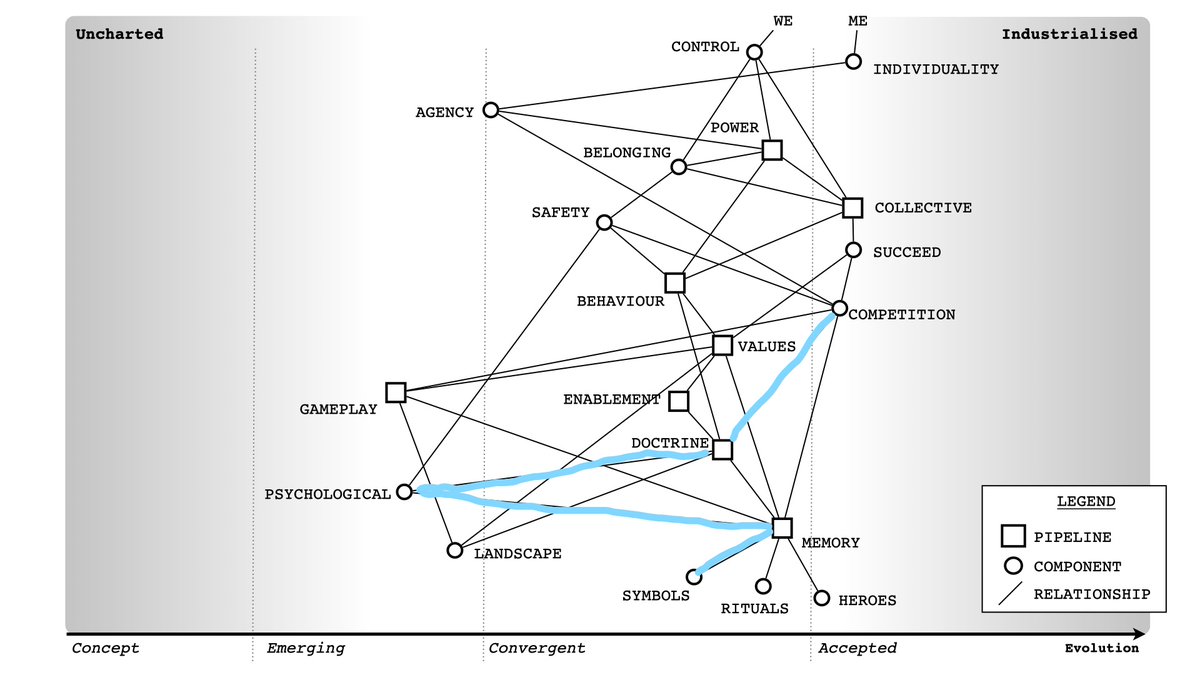
... so having a bunch of statues up that are offensive to many does not make people feel particularly included or safe. From a societal perpsective it's a bad idea ...
... and those statues themselves as symbols encode "what we value" which in turn influences our behaviour which defines us as a collective, as a society. Same as principles.
I'd be very careful about "preserving" statues other than by maybe sticking them in museums.
I'd be very careful about "preserving" statues other than by maybe sticking them in museums.
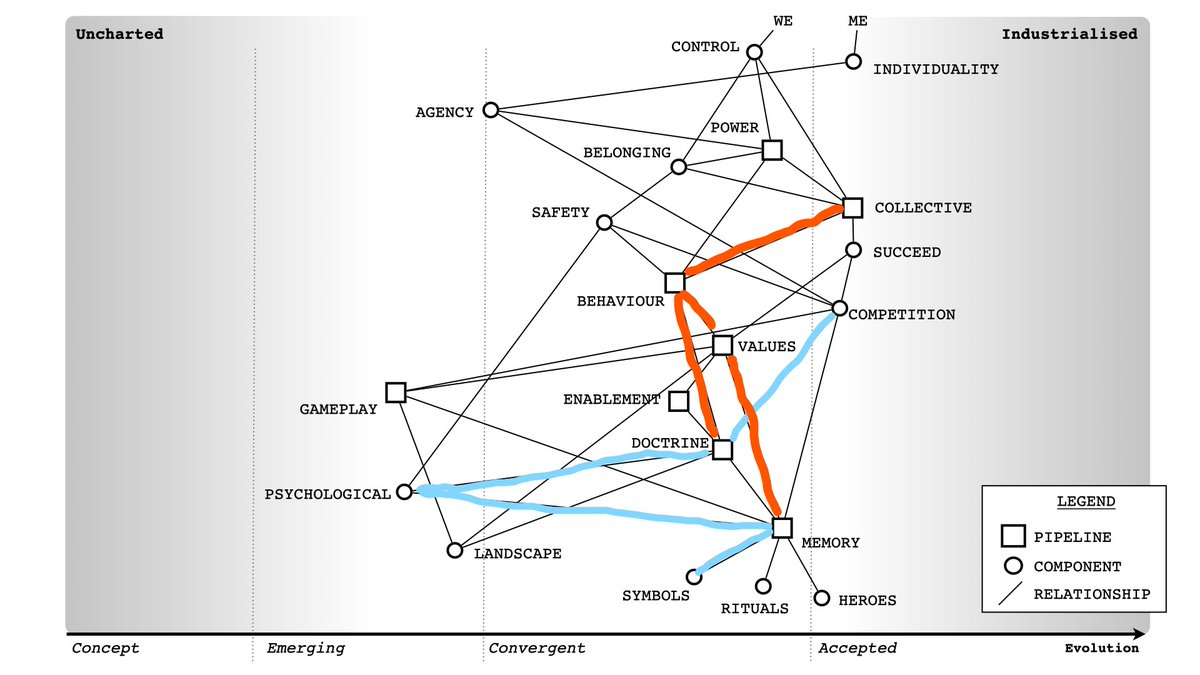
X : What about the new legislation?
Me : Protecting statues, our "cultural" heritage? First, the people who wrote it have no idea what culture or heritage means or how it matters (both positive and negative). Second, it tells me they value the past over the present.
Me : Protecting statues, our "cultural" heritage? First, the people who wrote it have no idea what culture or heritage means or how it matters (both positive and negative). Second, it tells me they value the past over the present.
X : Isn't "Me" versus "We" a dangerous binary?
Me : Yes, if you go "Me" versus "We". People (and collectives are a social grouping of people) are a balance between them. You need to think about the balance, more "Me" and "We".
Me : Yes, if you go "Me" versus "We". People (and collectives are a social grouping of people) are a balance between them. You need to think about the balance, more "Me" and "We".
X : Past over the present?
Me : Yes. Those statues are symbols of past values that mattered. They were important in their time but the values we have, the landscape we operate in have evolved since then which is why many should be in a museum. They don't represent us.
Me : Yes. Those statues are symbols of past values that mattered. They were important in their time but the values we have, the landscape we operate in have evolved since then which is why many should be in a museum. They don't represent us.
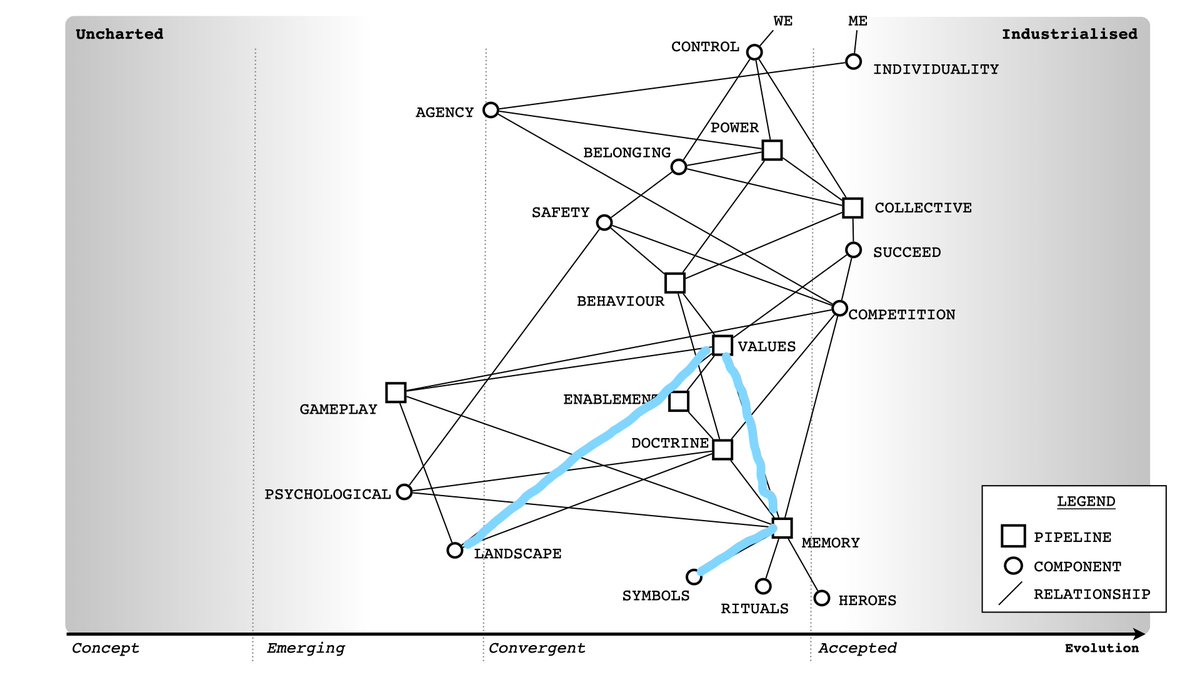
X : Do statues matter?
Me : Symbols matter. Look, you want to create a more inclusive belief (a value) in society. You can do this by nudging behaviour - more of this / less of that - to help induce the value but that's hard to do if you have symbols screaming the opposite.
Me : Symbols matter. Look, you want to create a more inclusive belief (a value) in society. You can do this by nudging behaviour - more of this / less of that - to help induce the value but that's hard to do if you have symbols screaming the opposite.
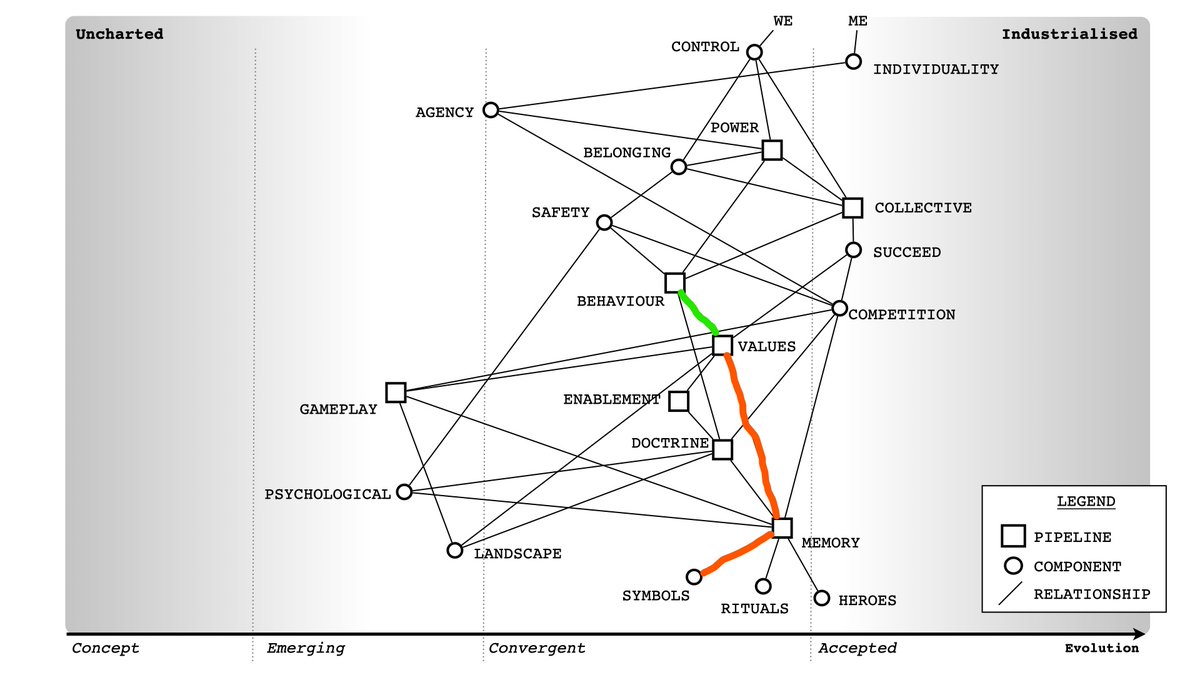
• • •
Missing some Tweet in this thread? You can try to
force a refresh


